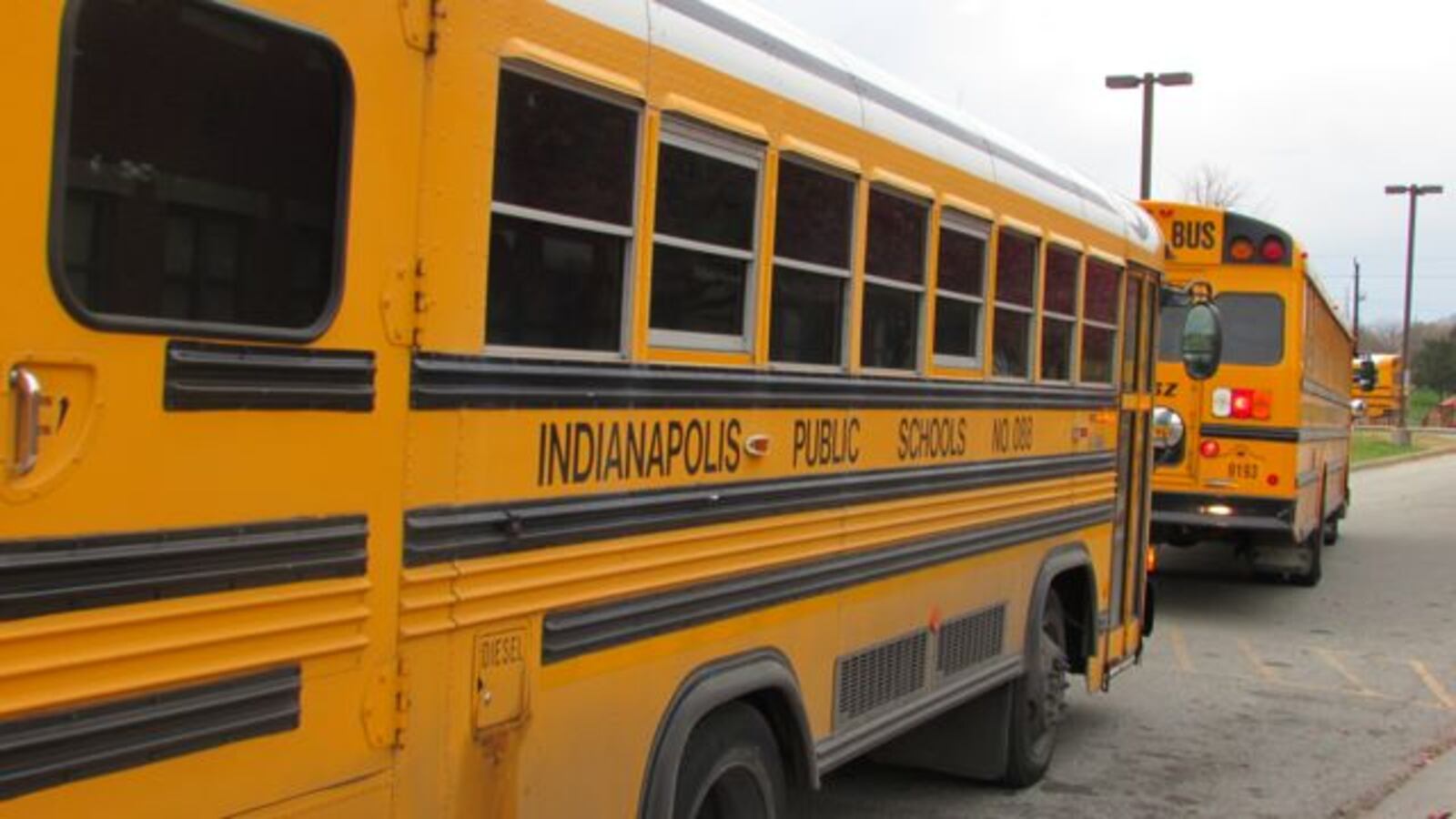When Republican state Sen. Peter Miller first introduced the massive, 307-page Senate Bill 500 in January, it frankly scared a lot of people.
But the bill looked much less intimidating today when it passed the House Education Committee 12-0 after words of support came from across common political divides. It was backed by Republicans and Democrats, business groups and unions, teachers and administrators.
Miller, R-Avon, said he assembled the school deregulation bill from dozens of suggestions from school leaders throughout the state for ways to cut red tape and allow schools to focus more on teaching and learning.
But teachers unions, principals, superintendents and a host of interest groups raised concerns about everything from worker safety to bullying to diabetes care for students, saying it went too far in several instances.
That sent Miller, and the bill’s House sponsor, Rep. Tony Cook, R-Cicero, repeatedly back to the drawing board to rework the bill. Despite a slew of changes before it passed the Senate 31-18 last month, the House added big new amendments to the bill this week.
Miller and Cook said all of the more than two dozen controversial parts of the bill were removed, such as provisions that made school accreditation optional, changed rules around collective bargaining, rolled back some health and safety-related rules and reduced a wide range of reporting requirements for schools.
“The basic purpose, what’s driving this bill, comes from the people,” Cook said. “It’s a good bill presented to us from the public schools, from their administrative offices, to focus on instruction in the classroom.”
So what does the bill do now? It’s still more than 275 pages long and makes many changes. Among them, the bill would:
- Create a new seven-member statewide committee appointed by state Superintendent Glenda Ritz, the Indiana State Board of Education and groups representing superintendents, principals, private schools and charter schools to review all reporting requirements for schools and recommend changes to reduce them by Dec. 1.
- Reduce the fees that can be charged for requested searches of public records. But it also adds a new exemption to the state’s requirements for public board meetings to be open to the public. That change would allow school boards to hold two out-of-town training sessions in private each year.
- Eliminate outdated rules around purchasing and management of school buildings.
- Make contracts for bus drivers optional rather than mandatory.
- Drop some limitations on employee health care plans.
- Give schools some added flexibility when they contract with outside companies for busing.
- Eliminate the required recognition of Arbor Day each April.
- Assign a series of remaining questions about school regulations to a summer study committee.
The full House could vote on the bill as early as next week.


